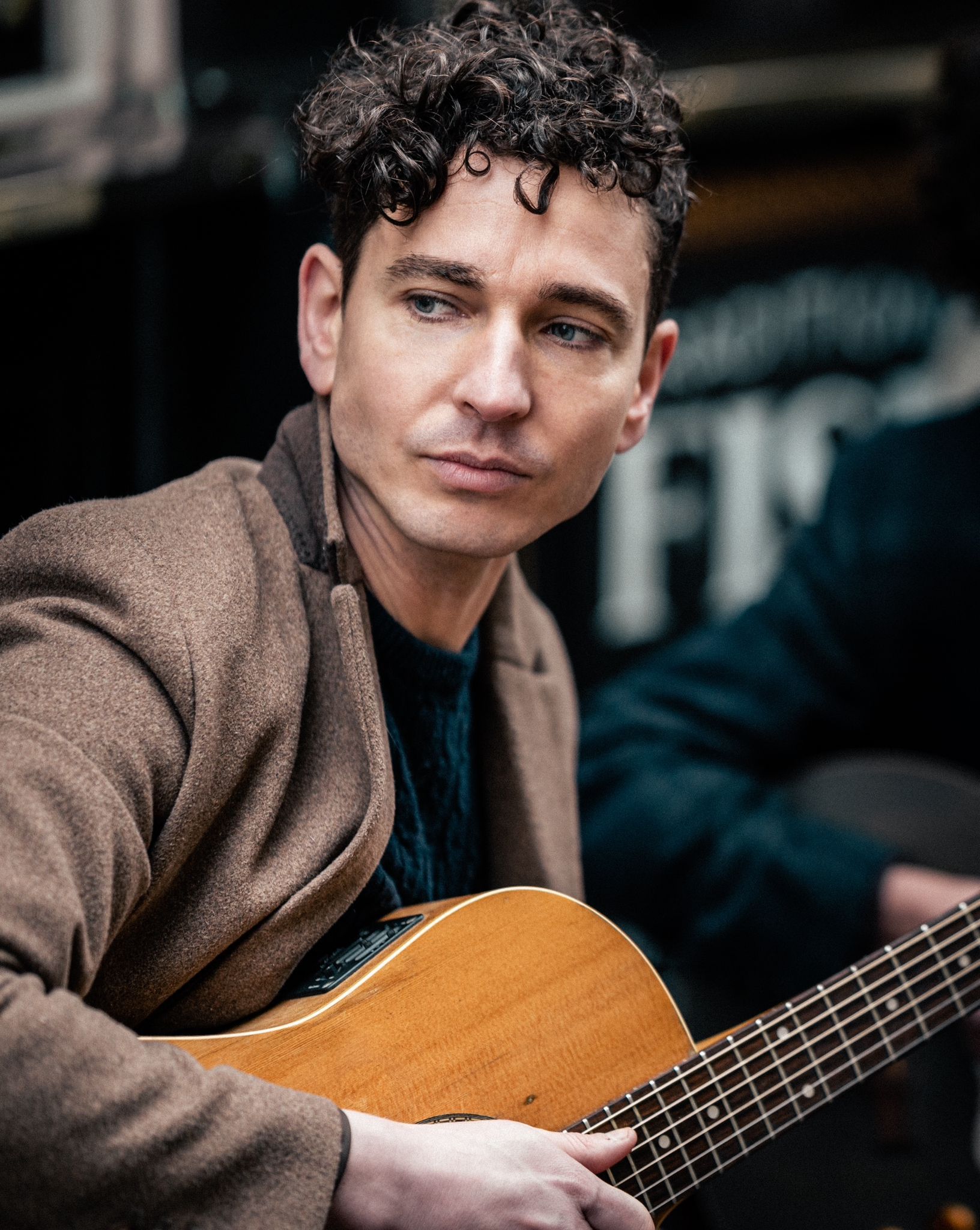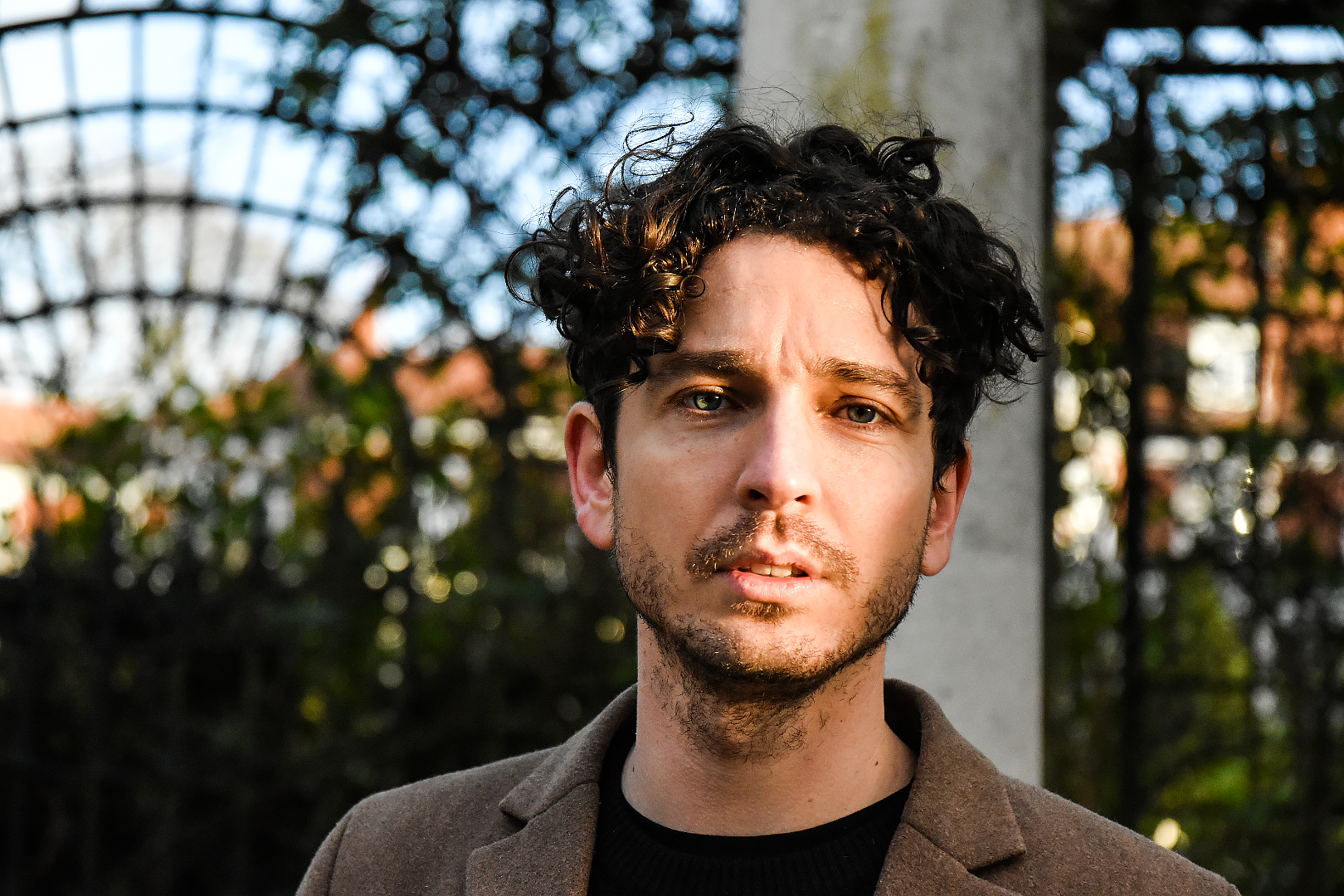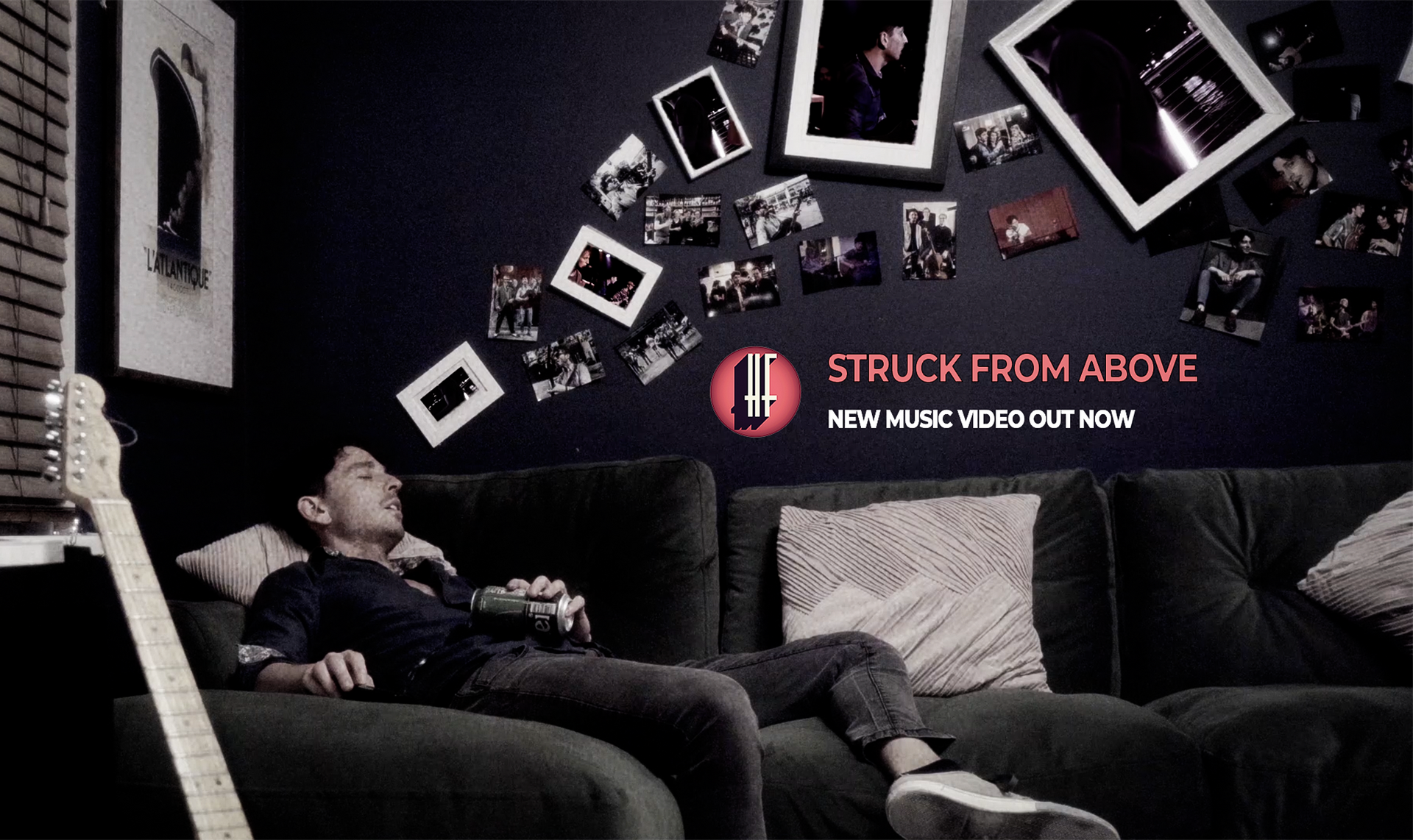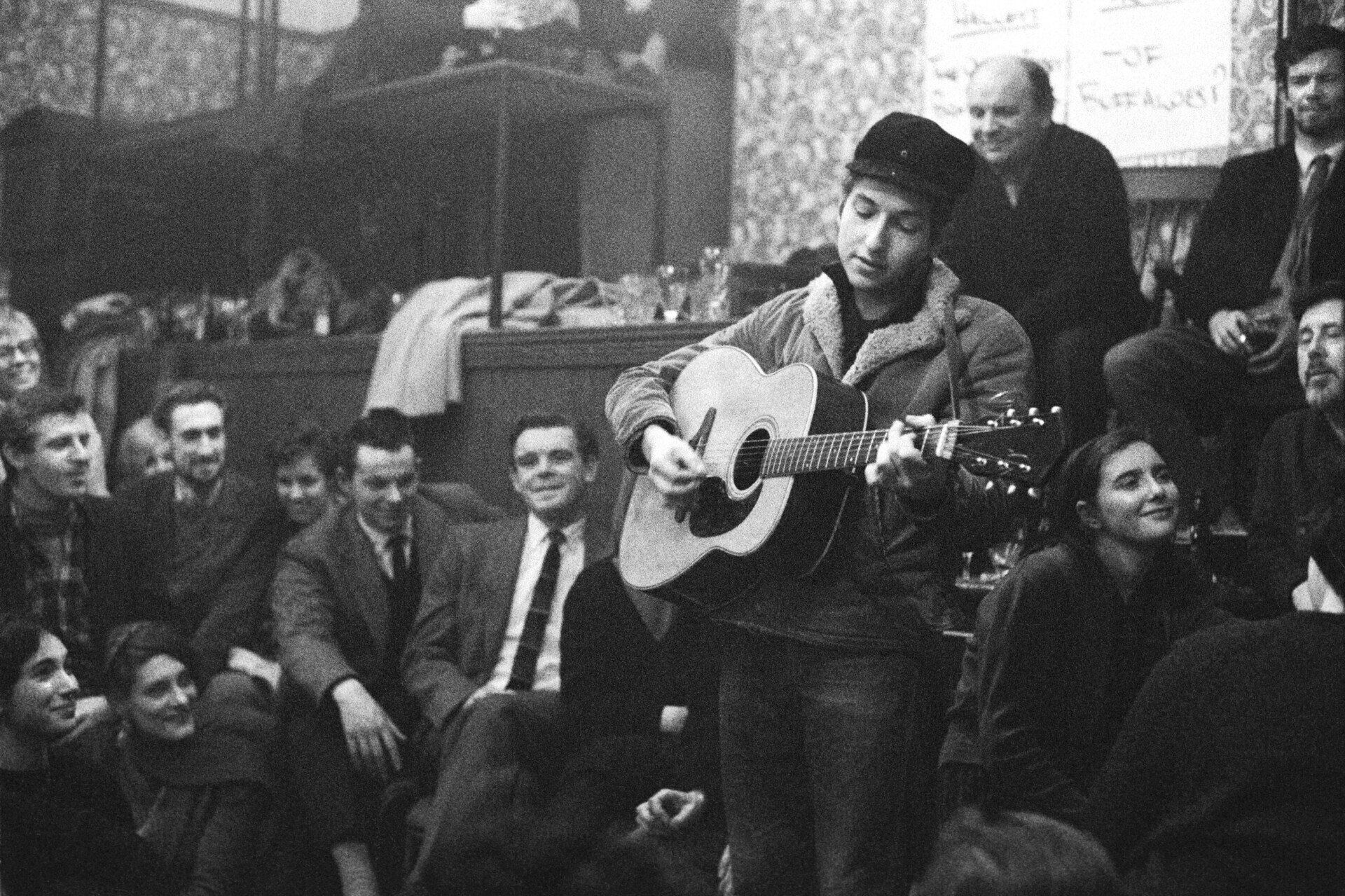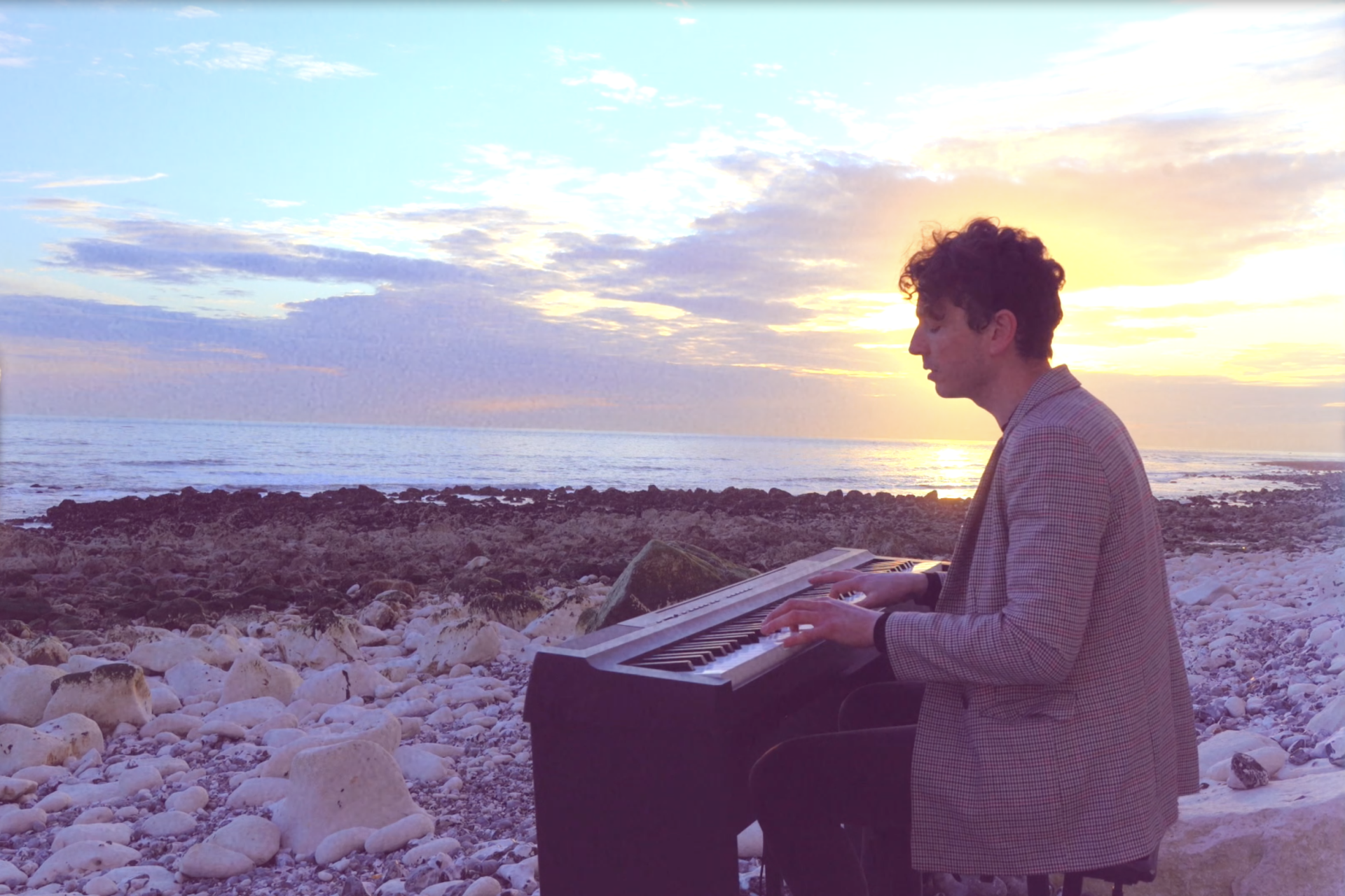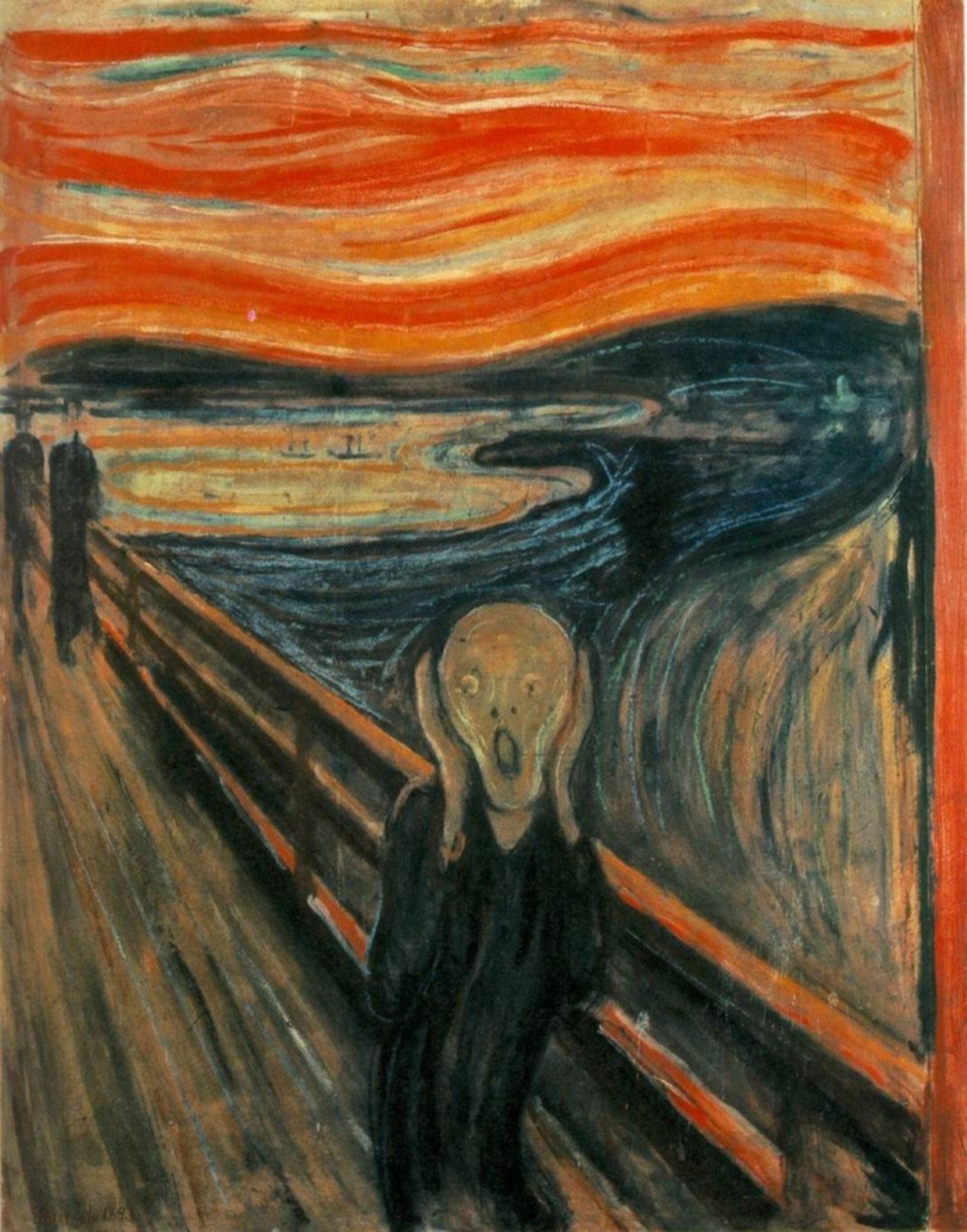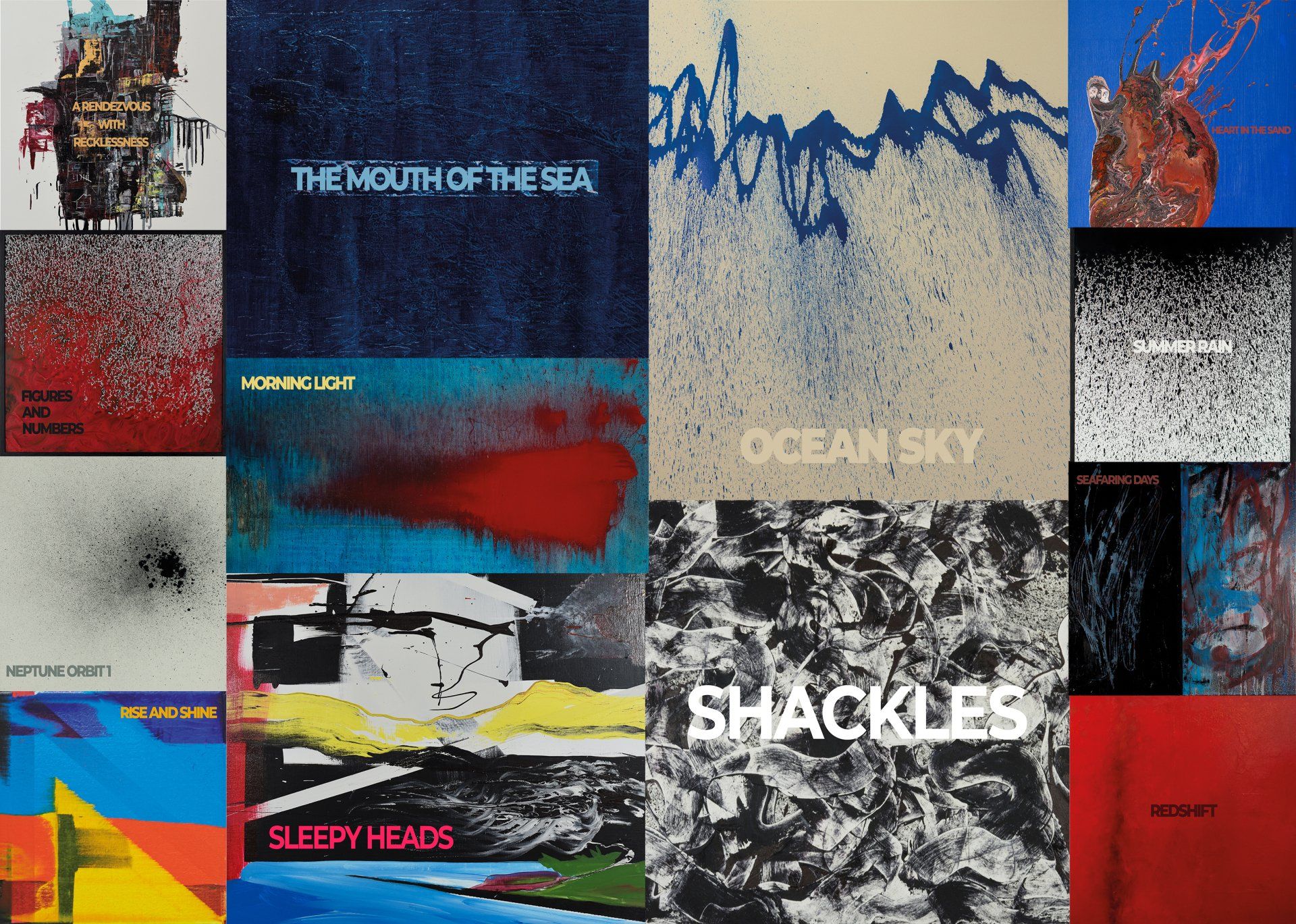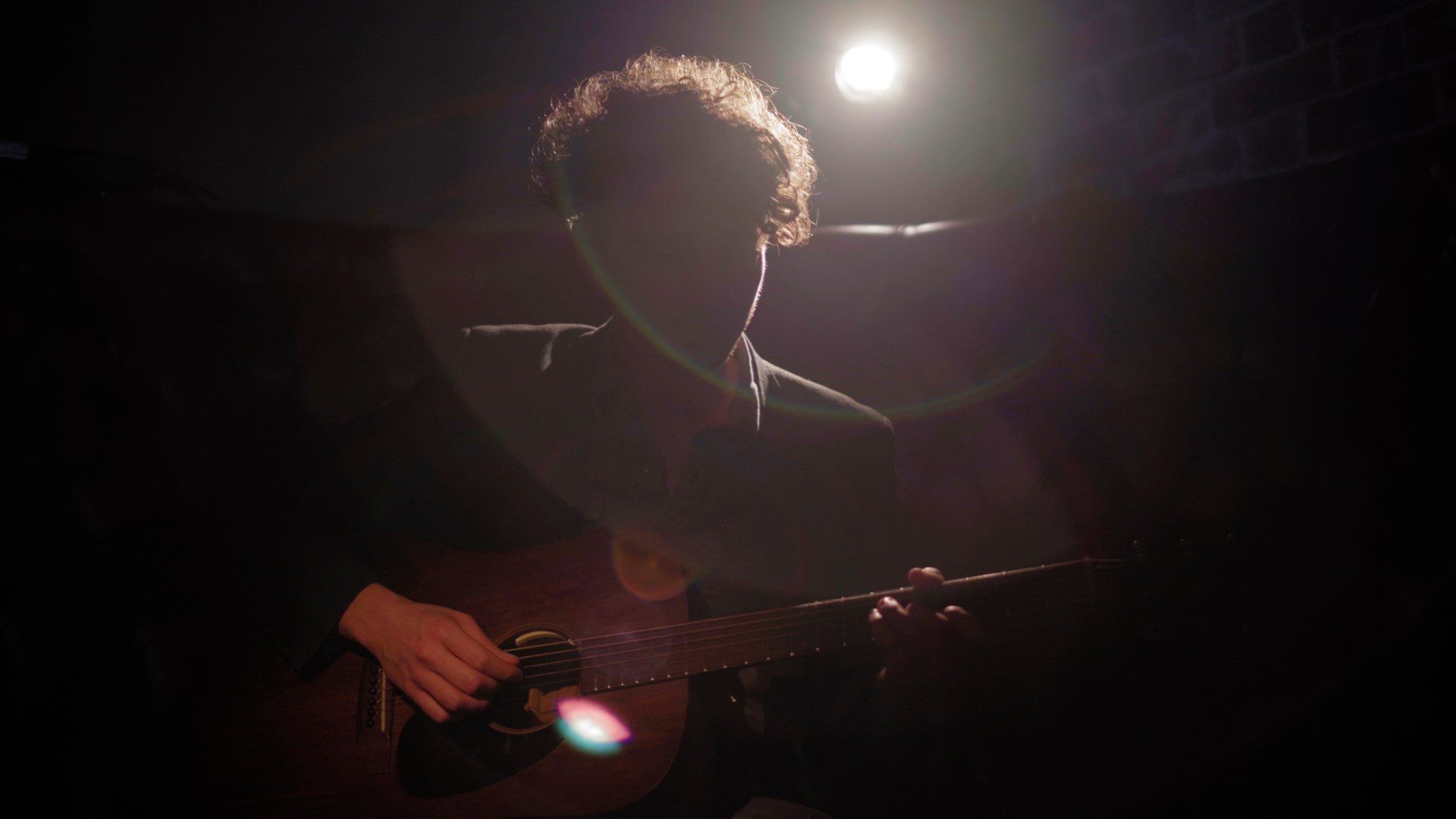I often wonder what I would have done if I hadn’t chosen art as a vocation from a young age...
When I was around 8 years old I developed a strong passion for drawing. I would spend hours sitting and drawing all sorts of things I saw or encountered: from portraits/landscapes/dinosaurs and even fossils picked up on my holiday trips to places like Lyme Regis (you probably know about my obsession with palaeontology by now!). I actually got quite good at it and for a time my parents were wondering whether I should potentially go on to Art School.
It obviously didn’t happen as music very quickly took a complete hold of all my attention and focus as soon as I entered my teenage years, starting with the drums and very swiftly moving on to guitar and bass. Then started a life-long passion for music, but the foundations for my passion for art in general were laid down from a very young age.
Despite the obsession with drawing, I never considered myself a smart kid at school and neither did any of the teachers. I was labelled a dreamer, not willing to put the work in and a bit of a lost cause academically really. The fact that I had been abruptly uprooted from my home country to a brand new scary place that was the South of France was partly to blame of course together with the language barrier and culture clash, but there was something deeper going on: I knew that I just wasn’t wired to excel at scholarly endeavours. My vocation lay elsewhere and my creative pursuits just fulfilled me and made me profoundly happy.
Frustratingly however, I put this dream on hold for many years whilst I completed my degree then master’s degree in France in my early twenties. Peer pressure and a feeling of 'doing the right thing' are partly to blame, and a full five years of university studies later, I was moulded into an exemplary French/English teacher.
But in no way do I regret this journey as I have had some amazing experiences along the way, I have thoroughly enjoyed a lot of the classes and the learning experience, I have met some lovely people and I believe I learnt a lot about discipline and hard work. The Literature seminars in particular opened up many poets and writers that would later inspire me for my own songwriting journey, and I am extremely grateful for that.
I read that "studies have shown that music can improve cognitive abilities, increase academic performance, and even help with memory recall. Music can also help to reduce stress and anxiety, improve mood, and increase creativity.” (Link to source). I believe I have experienced many of these benefits throughout my life, especially during the early years of learning instruments. It has been a huge help in improving my mood/stress levels and emotional processing: the hours of drawing infused a deep sense of calm and, later on, the ability to put feelings into song has enabled me to process a lot of emotional ups and downs throughout my adult life. Art creation has helped put a lot of things into perspective and develop an ability to move on.
In Howard Gardner’s book, The Theory of Multiple Intelligences, he argues that everyone has varying degrees of all 9 types of intelligence, musical intelligence of course being one of them. Everyone uses their specific intelligence to develop their skillset, solve problems and drive their productivity throughout their lives.
Another interesting source for the relationship between playing a musical instrument and intelligence is one of the TED Talks (watch video here). In this lesson the educator highlights the benefits of music on the brain, explaining that “playing a musical instrument engages practically every area of the brain at once, especially the visual, auditory and motor cortices. And as with any other workout, disciplined, structured practice in playing music strengthens those brain functions, allowing us to apply that strength to other activities.” It goes on to question “how do we know that all these benefits are unique to music, as opposed to sports or painting. Or could it be that people who go into music were already smarter to begin with?” Recalling aspects of the Howard Gardner theory.
Personally, the early passion for art seems to have originated as a coping mechanism in reaction to the personal turmoil that was taking place as a child and it developed into an important outlet for my feelings. And this confronts us with a sort of a chicken and egg situation in a sense: are we predisposed to a certain intelligence or does our environment bring it about? Howard Gardner seems to imply that it’s largely innate, and the TED Talk also touches on this subject. But in the end, maybe it’s a subtle mixture of the two?
Regardless of how it came to be, I have to say that this early passion did seem to help me academically, and the ability to “apply the strengthened brain functions to other activities” does resonate. But personality too surely plays a part: I believe the ability to focus on studies also stemmed from my unwillingness to give up learning new artistic crafts/instruments and from my slightly perfectionist mind. You need to have a certain tenacity to learn music, to possess an unrelenting determination to excel at what you’ve put your mind to, and this certainly helps in many other aspects of life, especially studies.
Falling in love with art certainly changed my life in a myriad ways. Looking to the future, I would love my own daughter to experience the same things as me, but at the same time it’s hard to force something on a child if they don’t want to do it. For me art was more of a solace from pain, but everyone is different and a child that’s forced to study something at a young age as often as not ends up resenting it later on.
It’s of course a dilemma that’s not easy to resolve. I am doing my best to try and get my daughter to explore the world of creativity, and if and when she does fall in love with it, I have no doubt that it will be a life-changing experience for her emotionally and developmentally.
If all this doesn’t encourage us all to pick up an instrument, I don’t know what will. So, if you’re not doing so already… what’s your excuse for not starting to learn an instrument?

